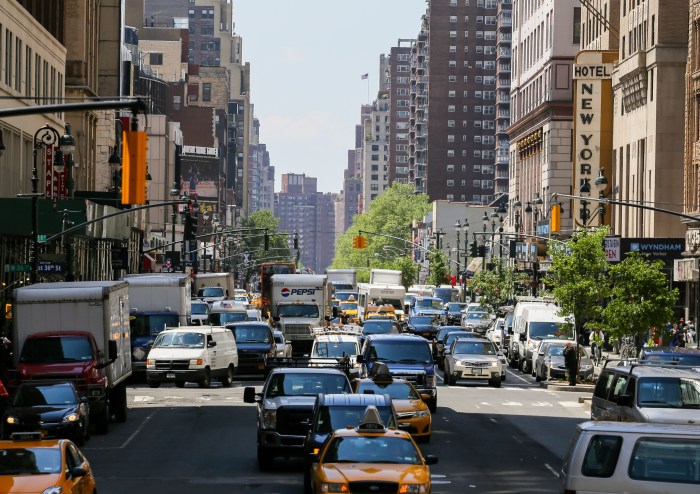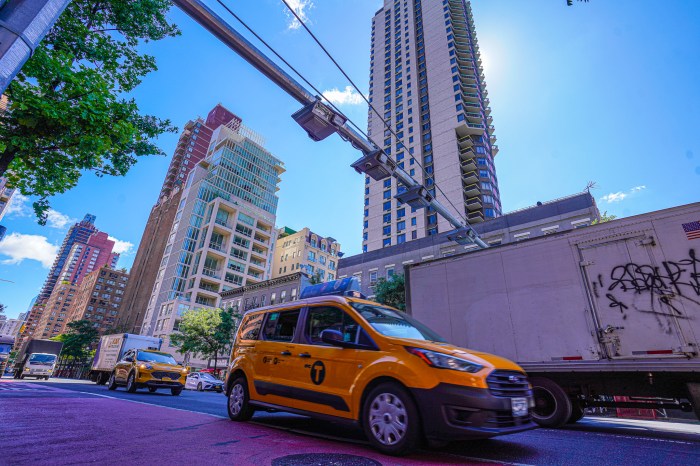
Uber CEO Travis Kalanick has left President Donald Trump’s economic advisory council in the face of mounting scrutiny from customers and drivers.
Kalanick announced the news Thursday afternoon in an internal memo. His departure from the group is the culmination of nearly a week of outrage on social media that has stemmed from a New York City taxi driver strike against Trump’s executive order to an immigration ban placed on seven Muslim-majority countries.
Uber, as well as other ride-hail apps, like Lyft, remained in operation during an hourlong strike organized by New York Taxi Workers Alliance, a union representing 18,000 city drivers, in the city last weekend. The move sparked a #DeleteUber campaign from anti-Trump supporters who felt that Uber had undermined the city’s taxi and for-hire industry, a workforce built on immigrants.
Kalanick — who is the first CEO to leave the council that includes executives from companies like Tesla, Pepsi and Disney — said that the entire ordeal was a misunderstanding and defended the rights of immigrants, who he credited as an important reason for Uber’s success.
“Joining the group was not meant to be an endorsement of the president or his agenda but unfortunately it has been misinterpreted to be exactly that,” Kalanick said in the email, obtained by amNewYork. “The executive order is hurting many people in communities all across America. Families are being separated, people are stranded overseas and there’s a growing fear the U.S. is no longer a place that welcomes immigrants.
“We will fight for the rights of immigrants in our communities so that each of us can be who we are with optimism and hope for the future,” he said, in conclusion. Earlier this week, Kalanick pledged to create a $3 million legal defense fund to help drivers with immigration and translation services and provide 24-hour legal support for drivers attempting to re-enter the country.
The news came just before a group of 60 or so taxi drivers and immigrants from other work forces rallied outside Uber’s offices in Long Island City, Queens. Bhairavi Desai, the executive director of the NYTWA, which organized the rally, said Kalanick’s move was “gratifying”.
“It’s not surprising. I think that the backlash they received is overwhelming,” said Desai. “However it’s by no means enough. Uber needs to be held accountable for its treatment of the workers.”

































